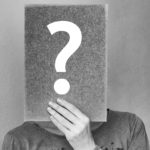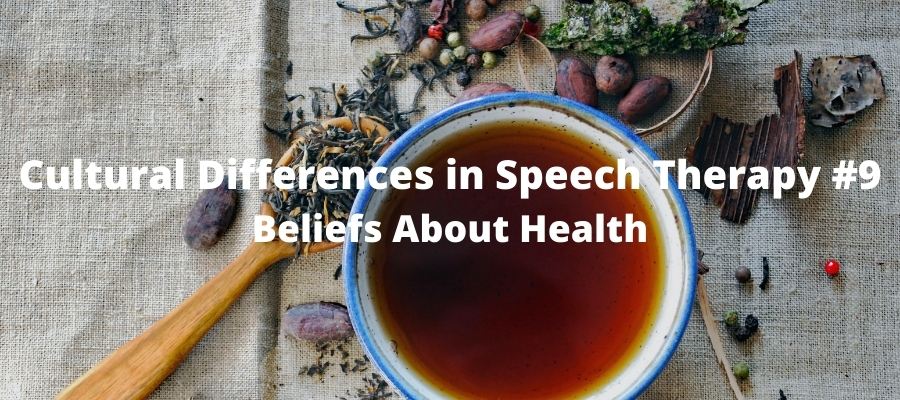Beliefs about Health is part of a 10-essay series. New? Start here: Cultural Differences in Speech Therapy and Assessment
Beliefs about health
Illness and disabilities are viewed differently across cultures. In many cultures, someone with a disability may be seen as special or holy, or they may be seen as bewitched. Illness may be thought to occur when an individual is out of harmony with nature or the universe, and a spiritualist, folk healer, herbalist, or witch doctor may be chosen over Western medical professionals to provide health care. A close relationship between religion and illness is common in some cultures. Because of this relationship, a disability may be seen as a divine punishment for sin, and the family may believe they should not interfere with God’s will. However, many of the studies on health beliefs have centered on rural and/or low socio-economic status Americans from diverse backgrounds. Thus, it is possible that the religion/illness relationship is more related to socioeconomic factors, rather than cultural (Zaldivar, 1994; Slesinger, 1981, as cited in Salas-Provance et al., 2002).
Using some examples studied in Latino culture, medical folk beliefs include mal ojo (i.e., evil eye, resulting from another’s jealousy), susto (i.e., fright, resulting from an emotionally traumatic experience), and mal puesto (i.e., evil hex or illness put on someone by a healer or a witch) (Gomez, 1977; Frederico, 1990). Latino families may seek health care from a curandero(a) (healer) or other specialists such as a sobador (someone who heals through massage) (Dunn, 1990, as cited in Lynch & Hanson, 2004).
Beliefs about Health and Assessment
While modern times make folk beliefs seem dated, family members can pass down perceptions of health and disabilities from one generation to the next, thus, these folk beliefs are likely to be maintained throughout the generations and encountered by clinicians for years to come (Trotter, 1981, as cited in Salas-Provance et al., 2002). Clinicians must acknowledge these belief systems in order to partner with the family in providing assistance for the individual (Lynch & Hanson, 2004). During assessment, the clinician should encourage the family to discuss beliefs on health and disabilities in general, as well as the disorder in particular, and create an environment where they feel comfortable sharing. The clinician’s questions should be direct but sensitive in order to not put the family on the defensive.
Remember, our goal is to get usable information from the parents and get their buy-in. Parents share information all the time that we may not feel is pertinent to the diagnosis. We don’t judge them for it. We just don’t see a correlation between a diagnosis and a life experience. Consider any information
Focus on the Future
I have had the most success dealing with beliefs about health by genuinely acknowledging what the parent is sharing and focusing the conversation on the future rather than the past. You can say something like: “I have worked with a lot of kids with X. We are not always sure what the cause is but I can tell you about how we are going to address it in therapy and what their progress should look like.”

Questions for Big Thinking
Do you share the same beliefs about health as your grandparents? Are religion and healthcare two independent things in your life, do they overlap, or are the intertwined? How would you respond to a parent who asks if their child stutters because he was born on a full moon?


